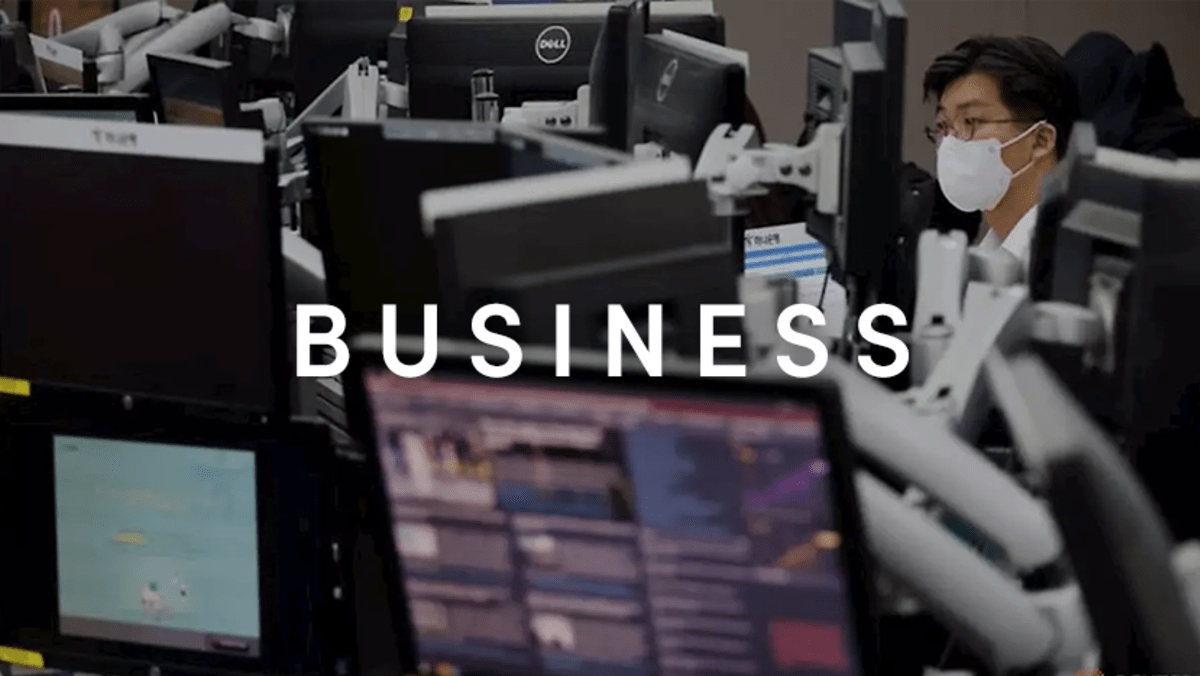Lam Research on Wednesday introduced two new tools for building advanced artificial intelligence chips, as the chipmaking tools supplier aims to benefit from a growing AI-driven semiconductor demand.
It unveiled ALTUS Halo, a deposition tool that adds molybdenum, a metal, to form precise layers on chips. The metal improves chip performance and enables scaling for next-generation semiconductor devices.
“Lam’s ALTUS Halo tool has made it possible for Micron to bring molybdenum into mass production,” said chipmaker Micron Technology executive Mark Kiehlbauch.
The company also launched Akara, an etching tool that removes unwanted material from the semiconductor wafer to create tiny chip structures.
Lam competes with other major suppliers of wafer fabrication equipment, which are sophisticated and expensive tools to make chips, including Applied Materials, Dutch firm ASML and KLA Corp.
The company’s customers include firms such as Micron Technology, Samsung Electronics and Taiwan Semiconductor Manufacturing Co (TSMC).
“As global demand for semiconductors continues to grow, innovative technology solutions from our partners are required to enable new, more powerful device architectures,” said Y.J. Mii, executive vice president and co-chief operating officer at TSMC.
In January, Lam forecast third-quarter revenue above market estimates, signaling growing demand from chip firms.
(This story has been corrected to fix the company’s attribution of quote to Y.J. Mii, not Simon Jang, in paragraph 7)
